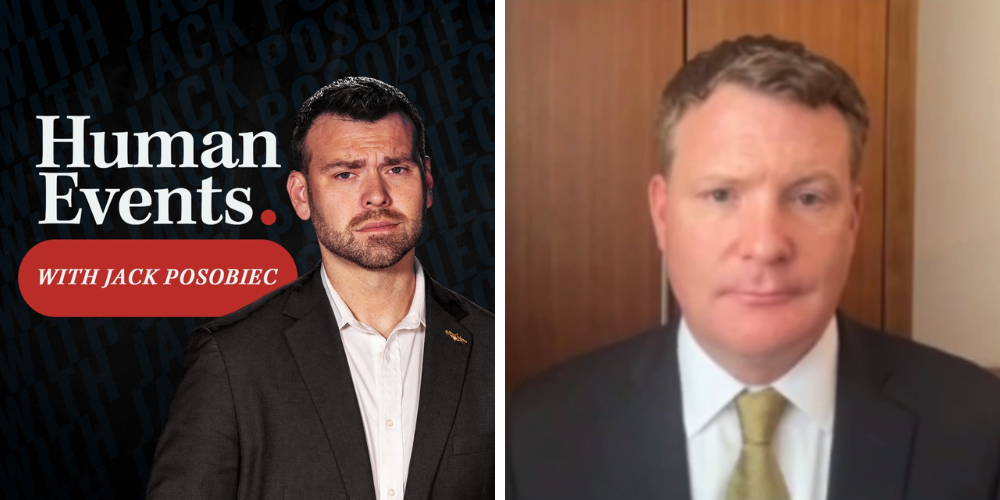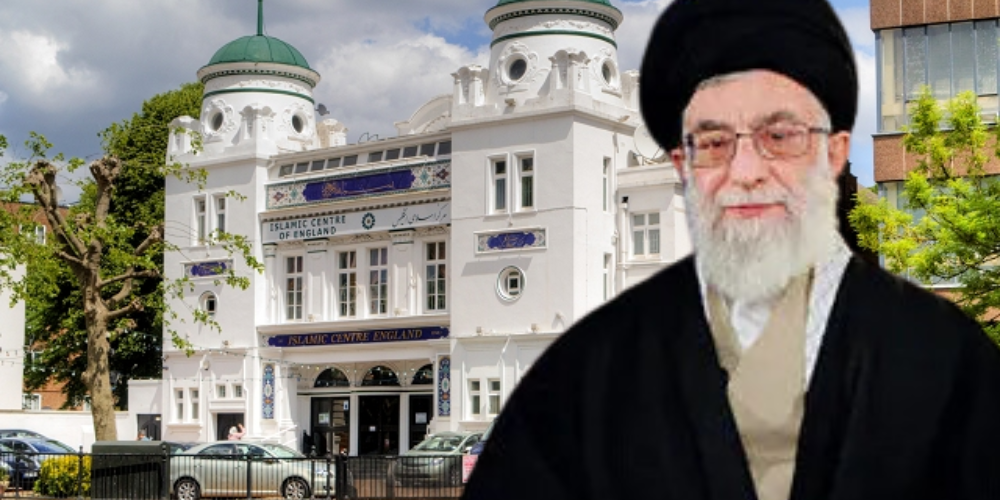With Election Day a day away, voters are being inundated with information on the races at the top of their tickets. However, here at the National Taxpayers Union, we analyze thousands of ballot measures from all over the country to compile our annual ballot guide, called The Taxpayer’s Perspective. From over 750 fiscally oriented proposals included in the guide, we found plenty of measures that taxpayers will variously view as good, bad and – sometimes – downright ugly. We also found a number of “head-scratchers.” Here, we present a top-five list of these “lowlights.”
5. Soda Taxes in Richmond and El Monte, California: Will They Drive Consumers to Drink?
New York City Mayor Michael Bloomberg made headlines with his foolish ban on large sugary drinks. On the opposite side of the country, two municipalities are trying to jump on the soda “temperance” bandwagon. Voters in Richmond and El Monte will consider measures to create a one-cent per ounce tax on drinks that contain added sugar. This tax could encourage consumers to purchase their groceries outside these cities and would disproportionately hit lower-income taxpayers. Ironically, a recent study by economists at Cornell University found that a 10 percent soda tax did not reduce soda purchases over a three-month or six-month period. Further, in some households it led to increased consumption of a different beverage that often contains more calories: beer.
4. Uncertain Terms in El Paso County, Colorado
In 2010, El Paso County residents passed three measures that relaxed the term limits on local elected officials, allowing them to hang around for an extra term. Many voters were confused by the measures, which counter-intuitively required a “yes” vote to reject the additional term. When some citizens realized what had happened, they immediately asked for a chance to reverse the law. This year, Question 1B gives voters the chance to revert back to the original two-term limit and end the controversy, but because 1B’s language is tricky too, some local activists have accused the County Commission of deliberately confusing voters … again.
3. Huge Tobacco Tax Hike in Missouri
Tobacco tax hikes have become fairly commonplace, but Missouri’s Proposition B has raised more than a few eyebrows because of its massive size. If it passes, the per-pack tax would skyrocket from17 cents to 90 cents — a 529 percent increase. This means many out-of-staters would stop coming to Missouri to purchase cigarettes and the actual revenues collected would likely fall short of the projected $283 to $423 million, which often leads politicians to raise other types of taxes. In fact, a National Taxpayers Union study showed that between 2001 and 2006 alone, 41 of 59 state-level tobacco tax hikes were followed by additional tax increases within two years of their enactment.
2. The Permanent “Temporary” Tax Hike in Arizona
Prop 204 tests the meaning of the word “temporary” (not to mention the patience of some taxpayers). In 2010, Arizona voters passed a two-year sales tax increase of nearly $1 billion to patch a budget shortfall. That hike, which bumped the statewide rate from 5.6 to 6.6 percent, gave Arizona the second highest total sales tax burden in the country. Now, pro-taxers are trying to extend the increase indefinitely. Many supporters of the original scheme, like Gov. Jan Brewer, have since recognized the harmful economic effects of high taxes and are currently opposing Prop 204. Meanwhile, many Arizonans must feel it’s déjà vu all over again.
1. Taxes for Art in Portland, Oregon
Portland voters will consider a proposal to create an “arts tax,” which would require every city resident over age 18 and in a household above the poverty line to pay a tax of $35 per year. Overall, Measure 26-146 would generate about $12 million annually to fund public-school art programs and some private organizations like the Oregon Symphony. The latter purpose has aroused the ire of some local education advocates. Others are concerned about the regressive nature of the proposed tax on working-class families. Even families below the poverty line would be affected. While they wouldn’t have to pay the $35 tax, they would have to provide the city with documentation proving they are exempt.
This list is a very small sample of the billions and billions of dollars of taxpayer money that voters will directly impact on November 6 through ballot measures. These could have as much – if not more – impact on pocketbooks as public officials seeking election.




